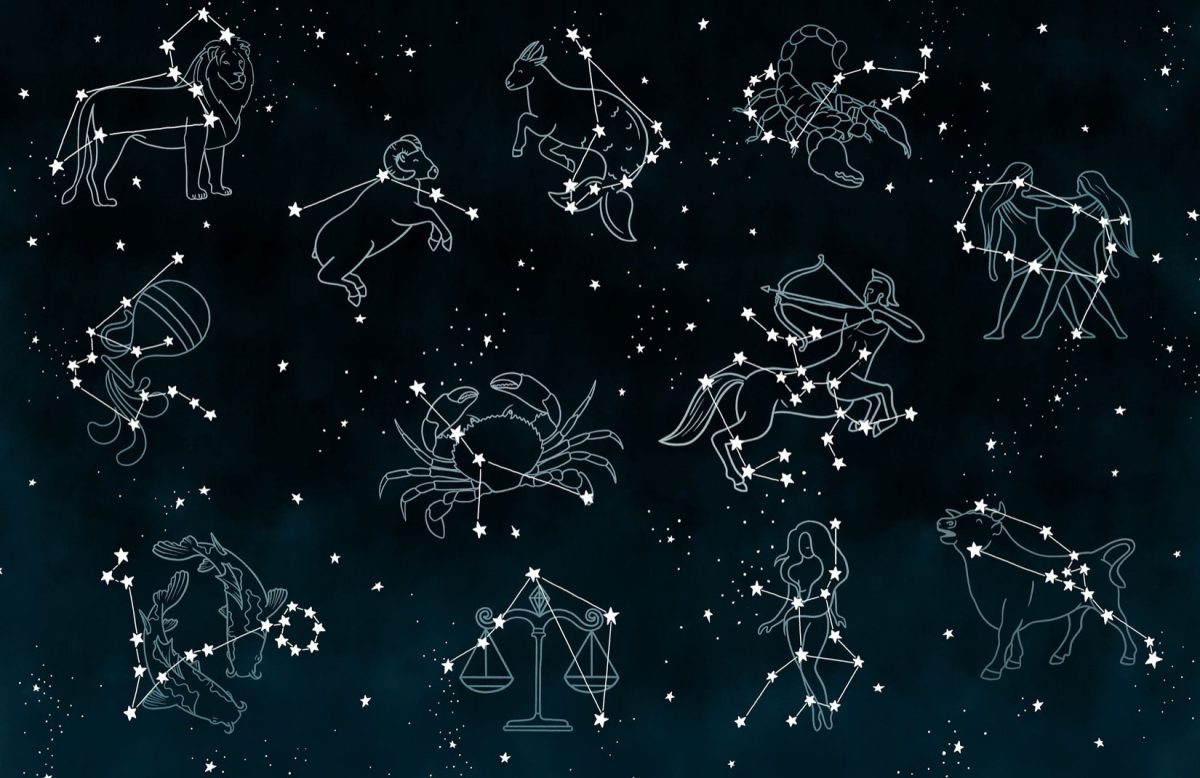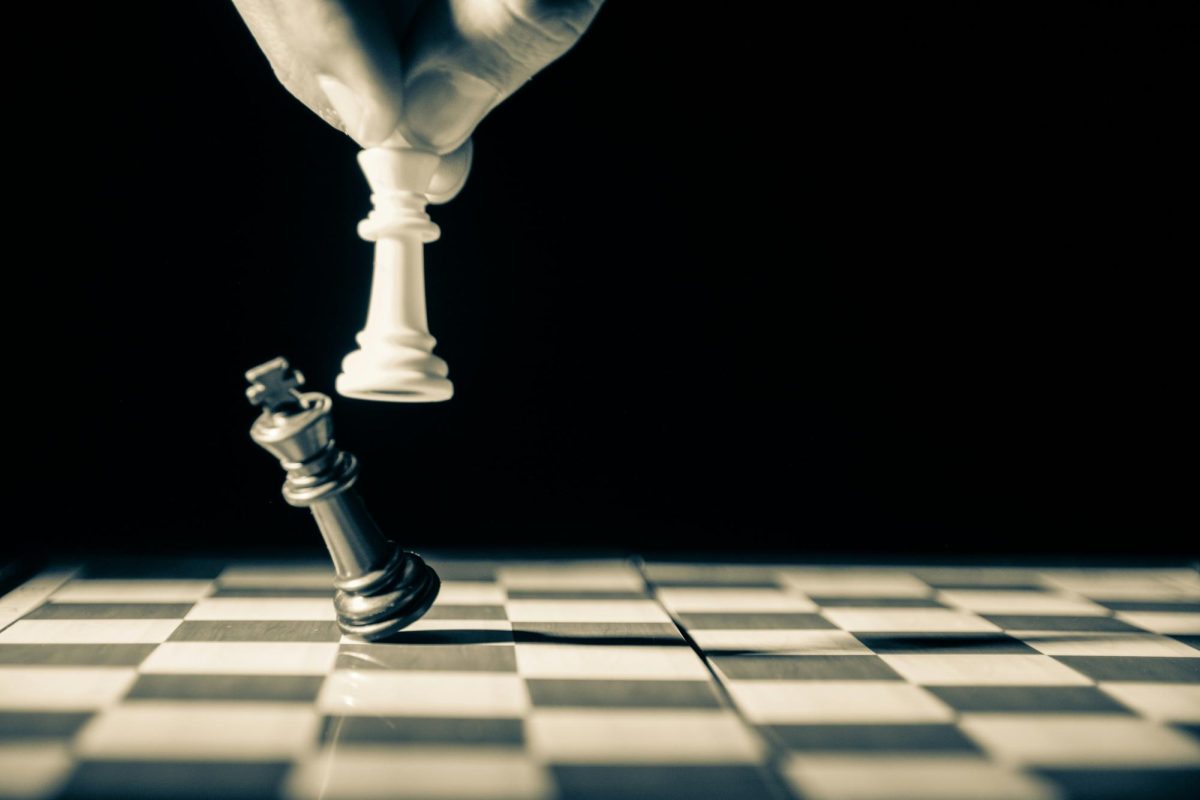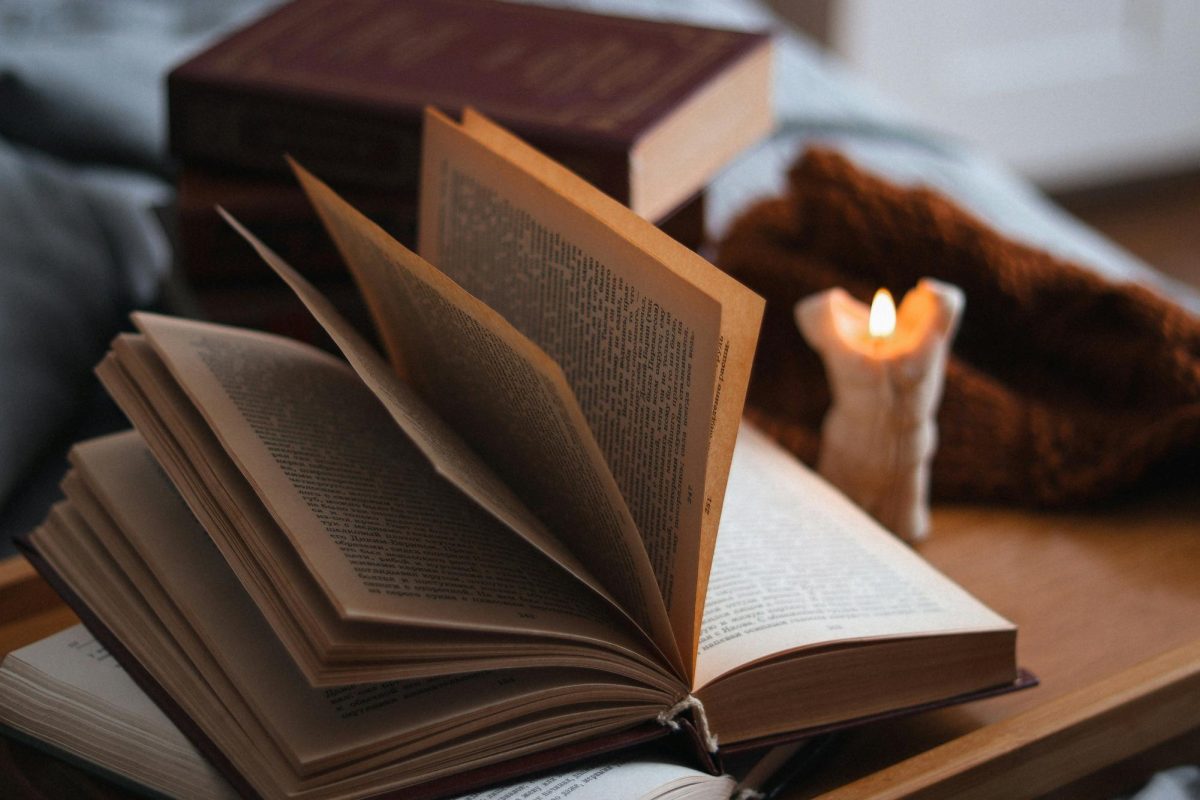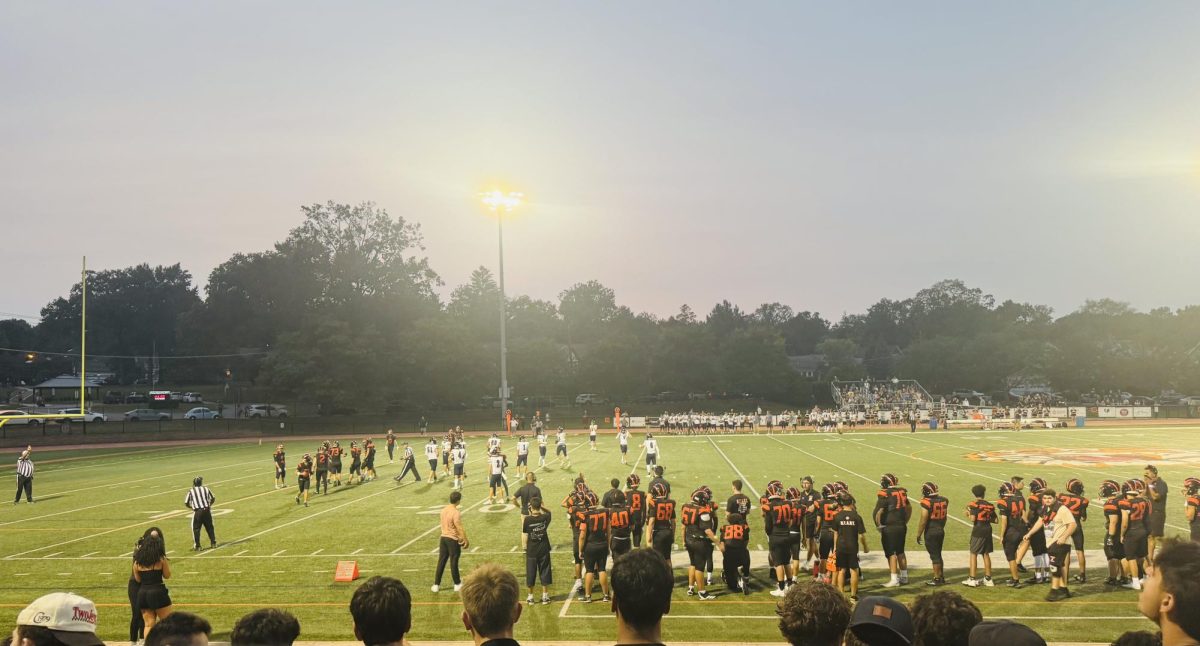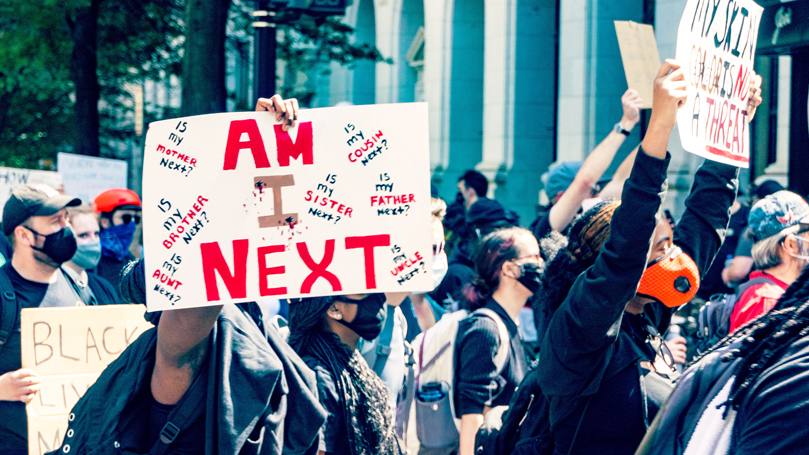I’m sure many high schoolers would call themselves either a morning person or a night owl. Some can easily wake up everyday at 5 a.m. while others can stay awake till 3 a.m. The questions that most people ask include the following: Which type of person—whether it be in terms of health, social life, or productivity—is better? Which kind of student performs better? But in order to share a final verdict, we must truly understand what a morning person and a night person are.
What is a morning person?
As quoted from Merriam Webster, a morning person is someone “who likes the early part of the day: a person who has the most energy in the morning.” What that means is, if you are a person who likes the morning and feels as if you have a lot more energy at that time, you are a morning person.
According to research presented by CBS, a sleep researcher, Dr. Roxanne Prichard, has identified that around 15% of the world population is a morning person. I wanted to put that to the test, so I asked 10 family members whether they were a morning lark or night owl. The response was that three family members identified themselves as a morning person.
What is a night person?
A night person is just as it sounds. According to Dictionary.com, a night person is someone who tends to function better during night hours. Dr. Roxanne Prichard, on CBS, stated that around 15% of the world population were night people. I got the same result from my survey in that 3/10 family members were night people.
What about the 70%?
Most of the world population, or 70%, actually falls in between the two categories. That’s because the words night owl and morning lark are too extreme when speaking about such a complicated topic. One could narrow a person’s sleep patterns to almost infinite different types.
What makes a person a morning lark or night owl?
Many people wonder why they can’t become a morning person or why they can’t function during the night. The answer to that query is simple. Humans regulate sleep and wake patterns with an internal clock. This clock dictates what time you feel tired and what time you feel awake by sensing the amount of light around a person. The clock makes it so you would feel tired at one specific time almost everyday. This clock is called the circadian rhythm. According to NIH, the circadian rhythm is also affected by food intake, physical activity, social environment, and temperature. The clock sends out hormones such as melatonin to make the body more tired and sleep. The circadian rhythm is important because it regulates the body and it leads towards the body’s proper recovery after a long day. Many people feel that they could just change their rhythm. Sadly for them, it’s not true. In fact, by going against your body’s natural clock, it could bring negative consequences in growth, behavior, and stress.
Now let’s compare a morning person to a night person. (From the University of Toronto)
| Morning Person Benefits | Night Owl Benefits |
| Reduced Stress and Anxiety | Increased Creativity |
| Better Mood | Enhanced Cognitive Function |
| Better Sleep Quality | Greater Flexibility |
| Increased Productivity | Potential to Earn More |
| Better Time Management | Improved Physical Performance |
| Reduced Procrastination and Increased Focus | Higher Adaptability and Resilience |
| Healthier Diet | More Socializing and Networking Opportunities. |
| Lower BMI | |
| More Energy |
Final Verdict: Being a night owl or a morning person doesn’t matter. People are their healthiest when they follow what works for their body. The phrase “listen to your body” means what it sounds like: you get your best results when you do what’s right for you.


































